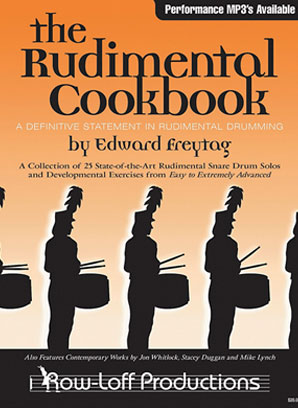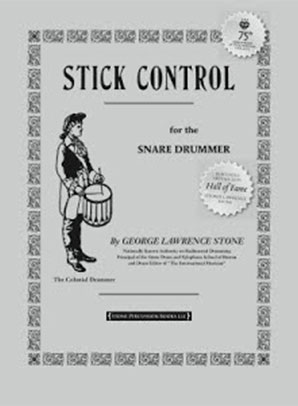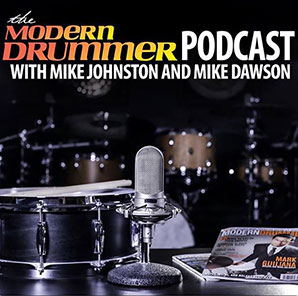DRUM TIP #1 - PRACTICING
Your practice routine will determine your drumming dreams. How’s that for alliteration? Set up a regular time to practice most days of the week, if you can. Consistent and constant practice will do more for your progress as a musician than sporadic, long practice sessions. Structure these practices so they push you to improve your skills. If you are in doubt, here are some of my practice structuring tips to get you started:
34% of Practice Time on Warming Up
Drummers need to warm-up their muscles in order to play effectively and without injuring themselves. I like to compare the simplicity of warming up to letters of the alphabet – the smallest way to build and start communicating. This warm-up time is integral in building muscle, technique, consistency, and improving form. I recommend spending about 1/3 of your practice on this. (When I was playing in a drum line, we usually warmed up for almost half of our daily practice time).
33% of Practice Time on Exercises
Exercises teach you muscle memory and flow. If warm-ups are our basic letters for communicating, exercises become the WORDs you build with your alphabet (capabilities). Pull drum beats, fills or rudiments straight from performance pieces you are working on (flams, swiss-triplets, etc) and work them on loop, across drums, at different tempos – whatever! Don’t be random – be relevant with what exercises you decide to spend another 1/3 of your practice time on.
33% of Practice Time on Performance Pieces
This is ultimately why you play the drums, right? To play & perform music! This is the story that we can build with the letters (warming up) and words (exercises) we’ve already added to our palette. While performance pieces likely seem the focus of our drumming, they are impossible without dedication to the previous 2 Phases. Everything you practice in your warm-ups and exercises can and should be used to help you perform. Structure Phases 1 and 2 with relevant playing so that when you get to Phase 3, you already know the rudiments or the beats. You just need to put them together and feel the music.
Make Time to Play for Fun!
But, we’re all 100%ed out, aren’t we? Not so! If the last 3 Phases felt like work, this one shouldn’t. Every time you sit down to practice, you need to have fun! Or else you would likely not be drumming in the first place. This is your reward, your motivation to sit down and play every day! Make time to play for fun or else you might burn yourself out or lose focus. Treat yo’self.

A Few Burnin' Ideas
- It is better to practice 5 minutes every day than to practice 30 or 60 minutes just once a week.
- To simplify, break your practice sessions into three equal chunks of time: Warm Ups, Exercises, and Performance.
- Always try to end your practice with something that is just fun for you to play – you deserve a reward and need to keep in mind the reason you play drums!
- Don’t make excuses for not practicing – no matter how true they may be, they will NEVER help you play the drums! If it’s important and relevant, you’ll make time.









